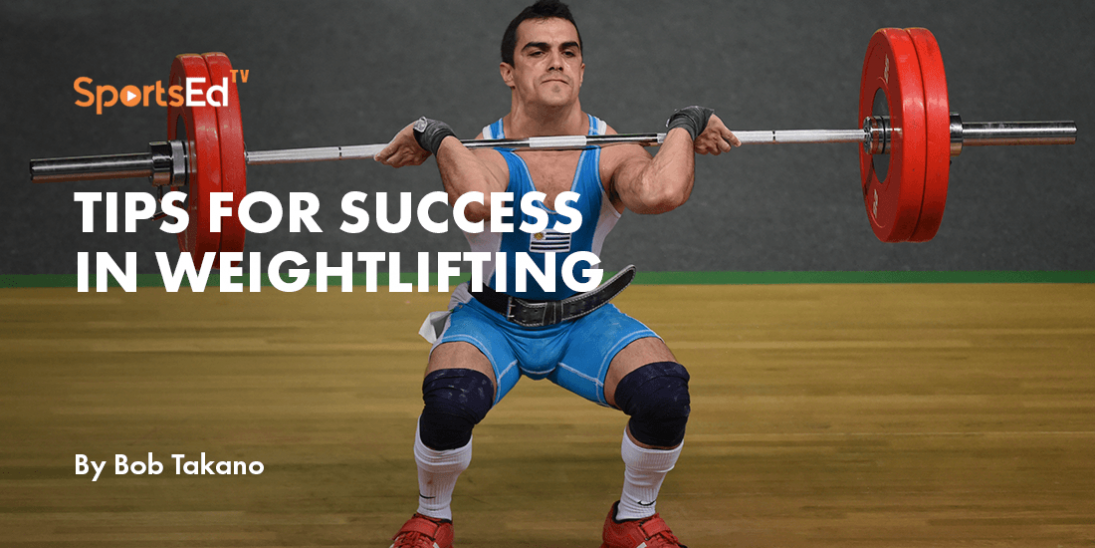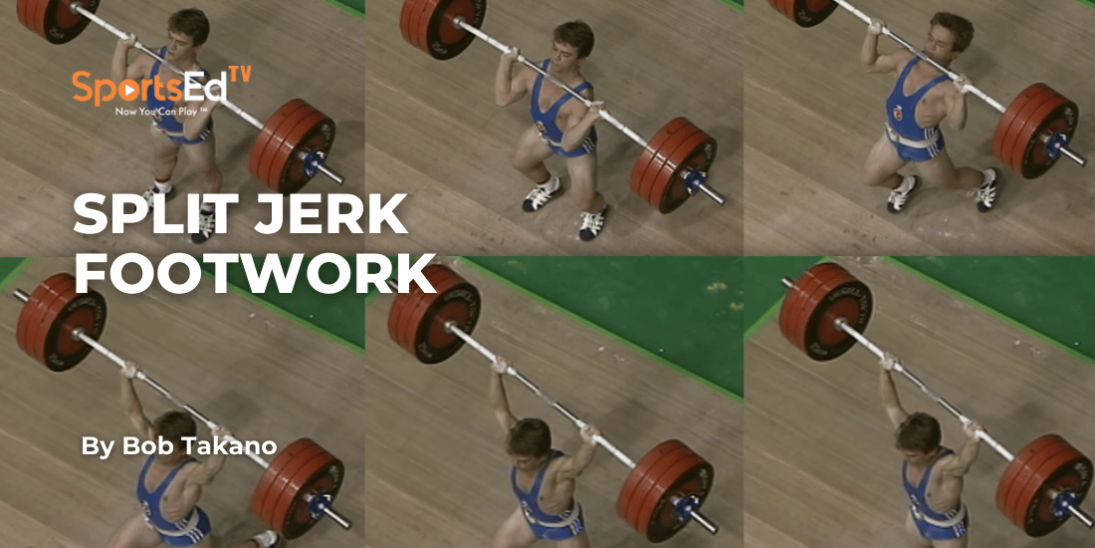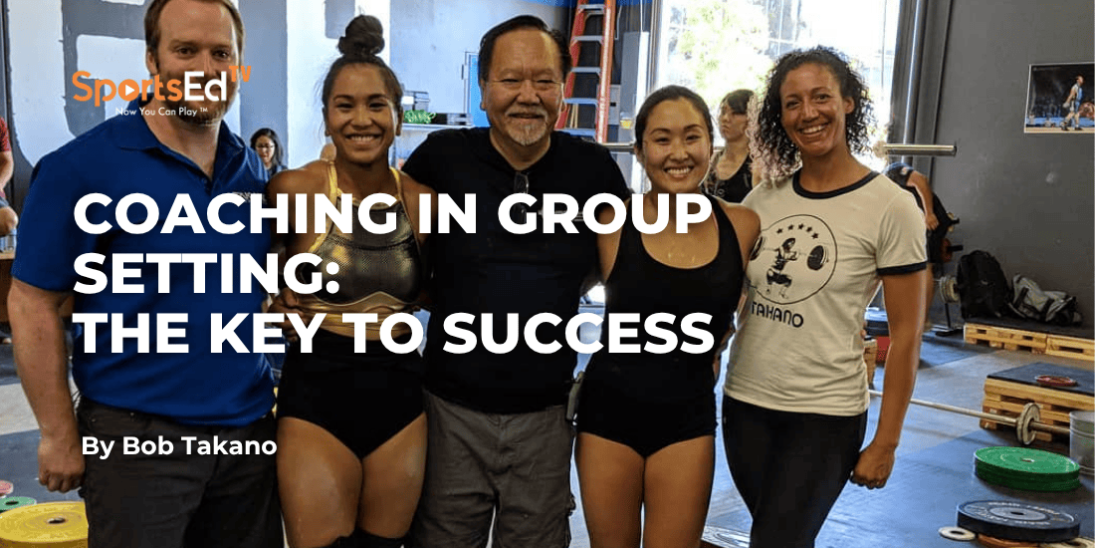Weightlifting
Welcome and thanks for visiting...

An Approach To The Daily Training of Pre-Adolescents

I wrote this article as part of the Takanotes series in the International Olympic Lifter. It's still a good general blueprint for people who are interested in training pre and young intermediates. Once they have developed proficiency at this level, and have demonstrated true interest in competitive weightlifting participation, they can start on a more focused serious routine.
I tend to shy away from absolutes since they are usually logically and intellectually inaccurate, especially when dealing with biological matters. I do, however, see no point in training an individual for athletic competition if that individual has no real interest in the activity. Twenty-four years of training weightlifters have taught me that "athletic selfishness" is a critical factor in the development of an athletic career. Weightlifting training is simply too much hard work to be undertaken by anyone who does not see the performance of the training as a path to self-gain.
I also find it difficult to condone the training of youngsters by their parents unless those parents are sufficiently familiar with the behavioral norms of children. It is apparently too difficult for most parents to view their offspring as simply athletes. It is, instead, too easy for parents to view their children as chasing their parents' dreams. As in most instances, it is most efficient and judicious to allow a professional to handle the task.
The best approach to the development of a young weightlifter is to attempt to develop a well-rounded athlete during the formative years. Coordination, anaerobic and aerobic capacities, and psychosocial skills must be stimulated during the period from age 6-8 to 12.

Gymnastics, track and field, soccer, and basketball are ideal activities to enhance the physical qualities that will be later required for weightlifting training. The ability to perform on command is also a critical factor, and this quality can be developed through participation in the performing arts--singing, dancing, acting, and public speaking.
If I could have things my way in an ideal world, I would like to start training a youngster at age 12 who had spent a year or so perfecting technique with a wooden stick or light bar. This youngster would have had a varied athletic background that had produced sufficient flexibility, motor skills, some basic strength, and personal enjoyment in performing well in athletic competitions. I might also add that some emotional maturity would be a necessity. At this point, specific conditioning for weightlifting training could begin.
The general plan for the next year would involve the development of physical capacity to take greater training loads, the remediation of postural muscles, the development of neuromuscular qualities, the improvement of technique, and the further development of the psychological qualities necessary for competition.
The general program for the daily training would consist of the following in this precise order.
- Stretching for flexibility with special attention being given to problem areas.
- Technical training on the lifts.
- Exercises to develop neuromotor skills
- Remedial weight training
- Games and drills for developing psychological qualities and enhancing motor skills
A sample workout might look like this:
- Stretching with special emphasis on ankles, shoulders, hips, and wrists for 10 minutes.
- Working with light weights to emulate the snatch and the clean & jerk for 20 minutes.
- Jumping and sprinting drills for 5 minutes.
- Bodybuilding movements to develop postural muscles (especially abdominals and back) for 15 minutes.
- Basketball, volleyball, soccer, and track and field drills for 10 minutes (These should be varied from day to day)








